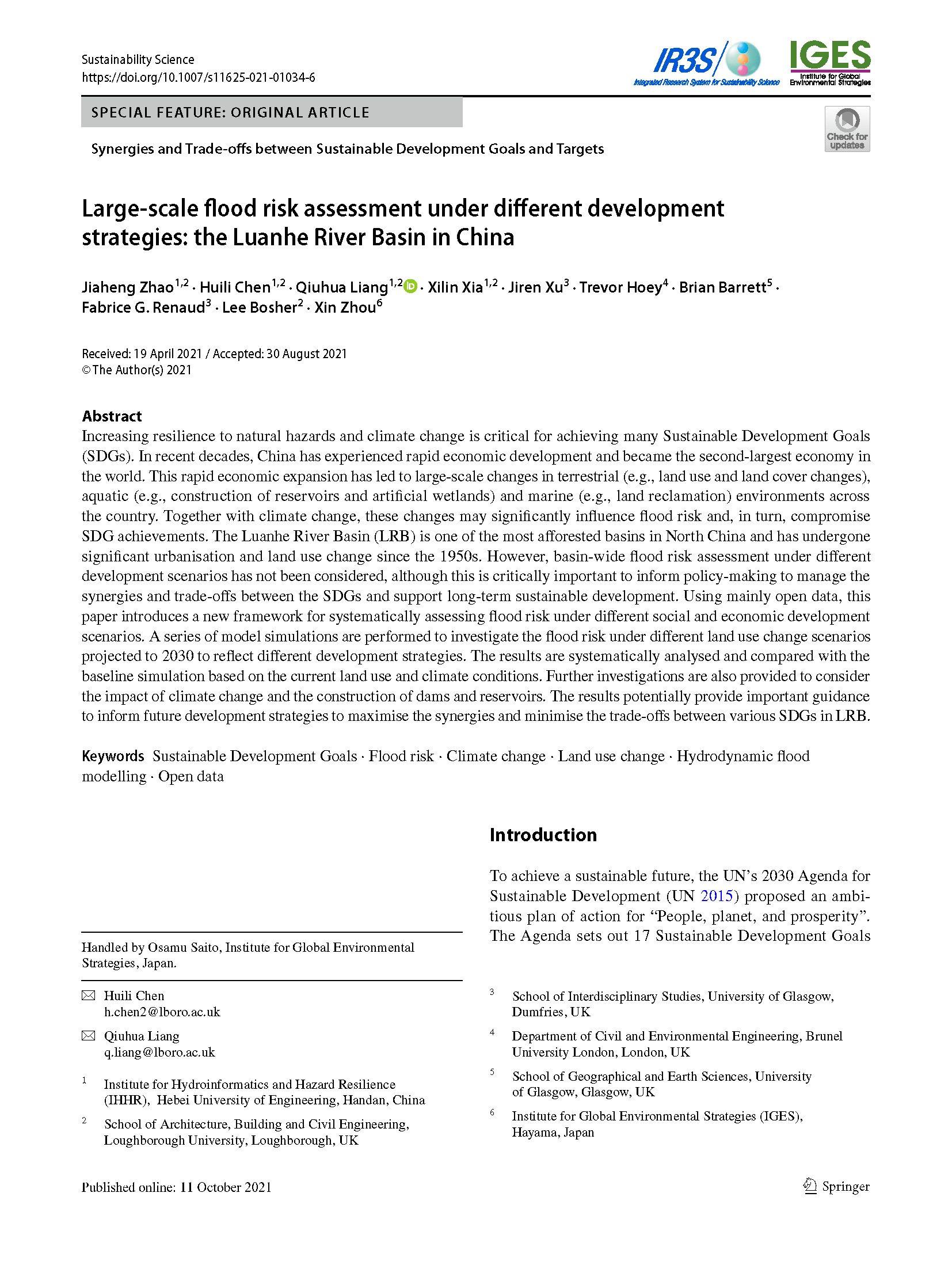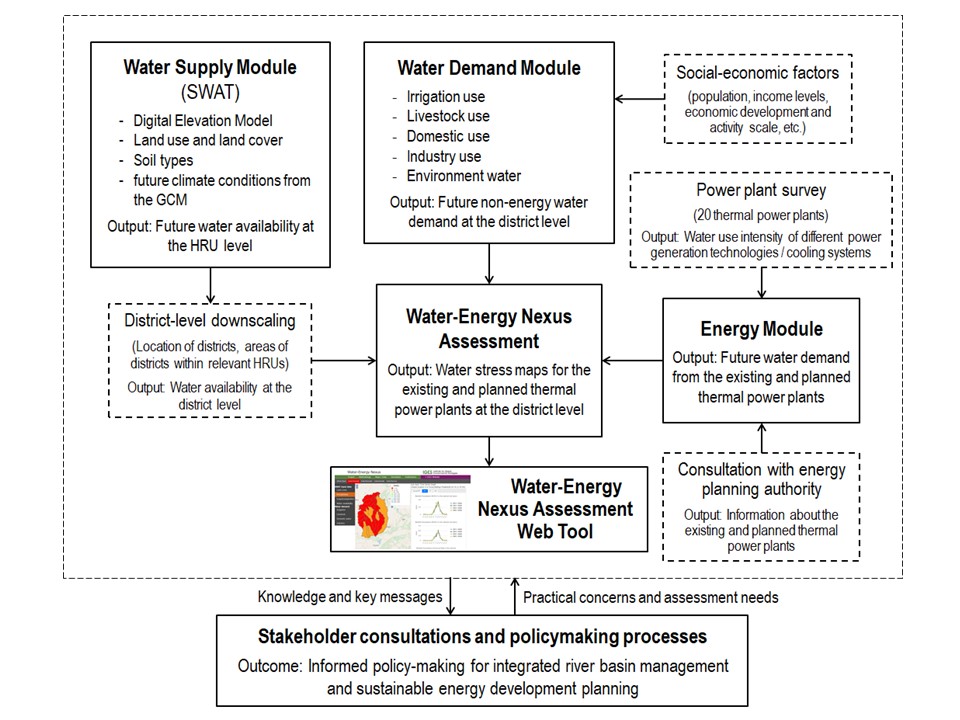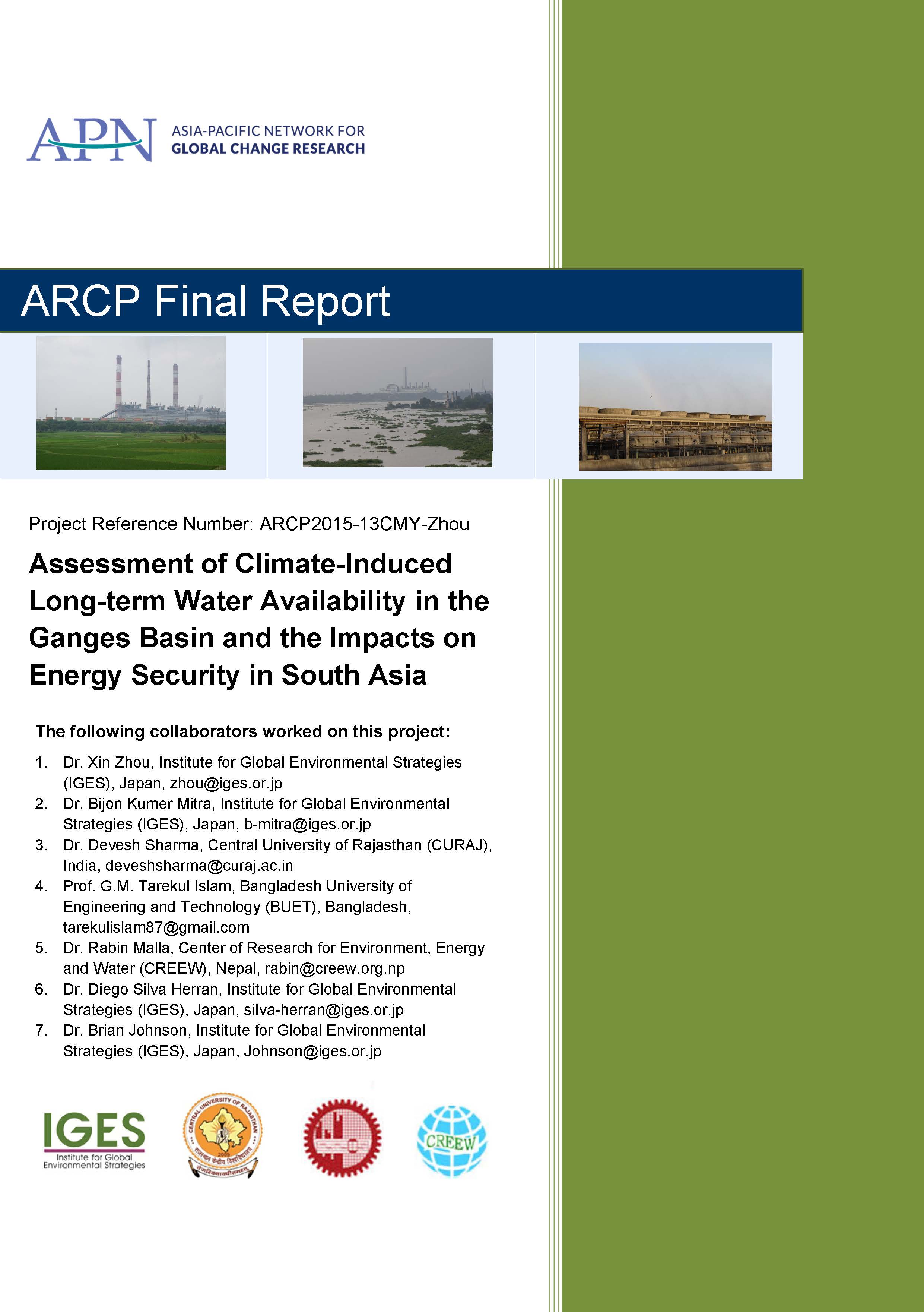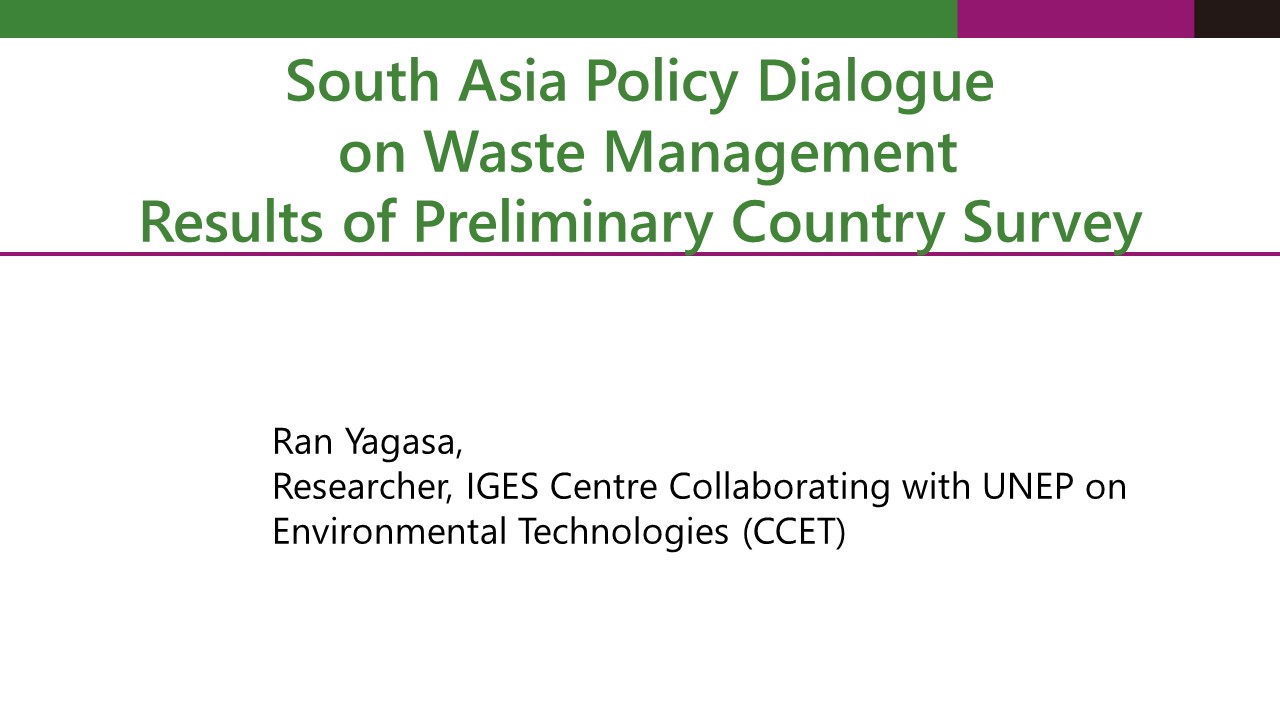In Sustainability Science
Increasing resilience to natural hazards and climate change is critical for achieving many Sustainable Development Goals (SDGs). In recent decades, China has experienced rapid economic development and became the second-largest economy in the world. This rapid economic expansion has led to large-scale changes in terrestrial (e.g., land use and land...






